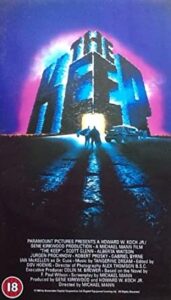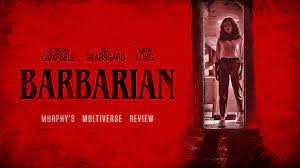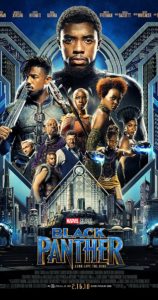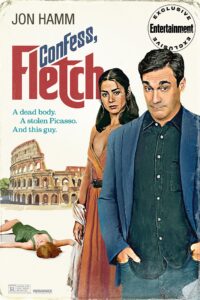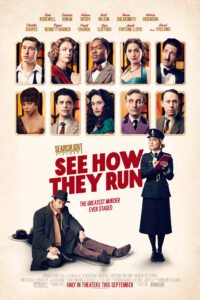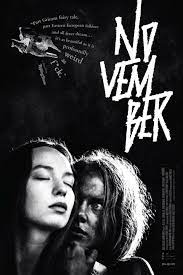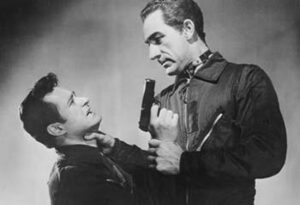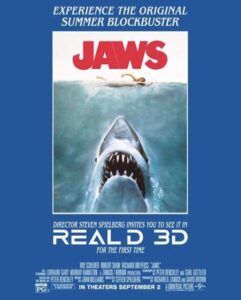This is a rewatch for me as I saw this during its original theatrical release. Adapted from a novel of the same name by F Paul Wilson The Keep tells the story of an ancient evil trapped in fortress deep in the Carpathian mountains and its attempt to escape during 1941. Occupied by German
Soldiers and SS troops the mysterious entity released greed stalks and slaughters the soldiers. In desperation to discover the truth and to stop the killing the Nazis unwisely bring a Jewish historian and his daughter from a concentration camp who, justly thirsty for revenge, quickly joins forces with the entity, endangering not just the keep, its occupiers, and the surrounding village but humanity at large with the entity’s escape.
The Keep, plagued with production troubles, studio interference, and questionable artistic choices, failed up on release and I recall leaving the theater far from satisfied. In nearly 40 years since its release the film has gathered some praise and a small cult following. Rewatching the feature I can say I have seen far worse horror films, I have watched worse the same week with far better production values, but The Keep still misses the mark and falls short of being an engaging piece.
It is reported that the studio cut more than a half an hour from the film and the sloppy editing shows. After establishing a mood and atmosphere for the story the rough reductions caused the story to skip over the force stalking and killing the soldiers, reducing what should have been building tension and terror into one line of quickly delivered exposition.
With the tone so destroyed by the poor edits the film is further damaged by gaudy and unsubtle special effects. Where a story of this type works more powerfully with less, hints of powers, suggestions of something at the edge of the frame, The Keep went with bright, flashy effects and animation that are incongruous with the rest of the production design. This friction is inflated by the film’s music. Tangerine Dream’s synth infused score destroys more mood that it creates, often overpowering scenes and robbing them of their emotional impact by drawing attention away from the story.
The bones of the film are quite sound and with footage restored, new more subtle effects, and a more appropriate score The Keep might have had a chance to be something fairly interesting but as it is currently formatted it’s a flawed work with a fine cast.
